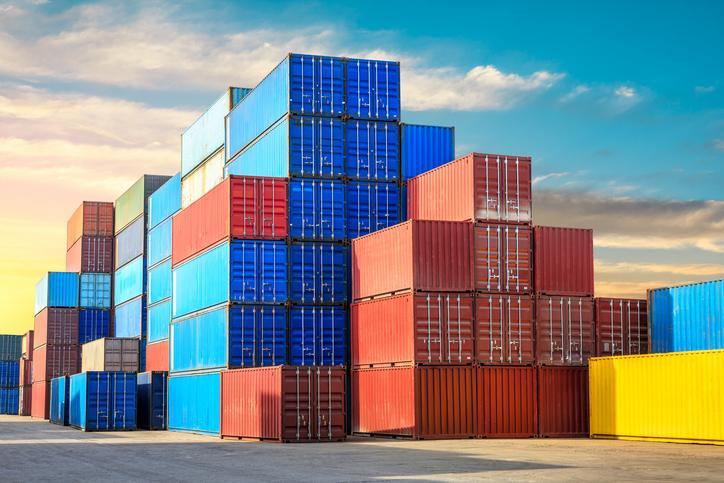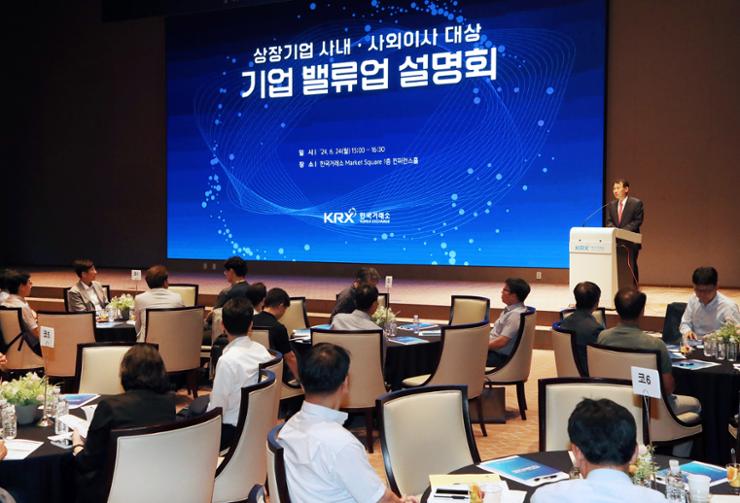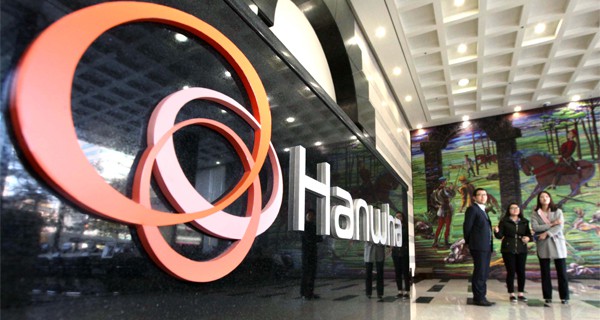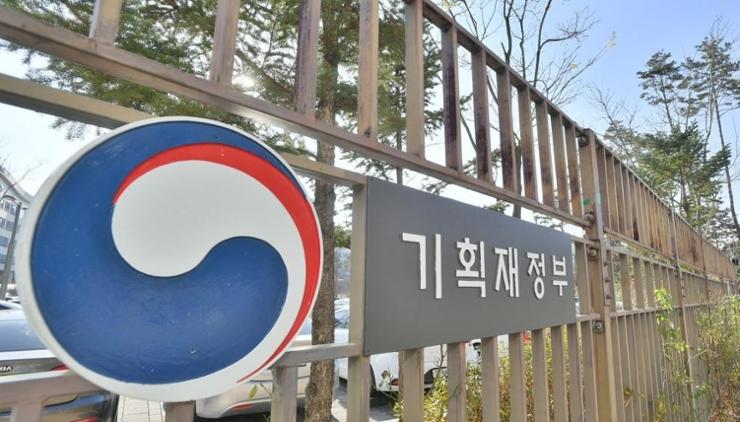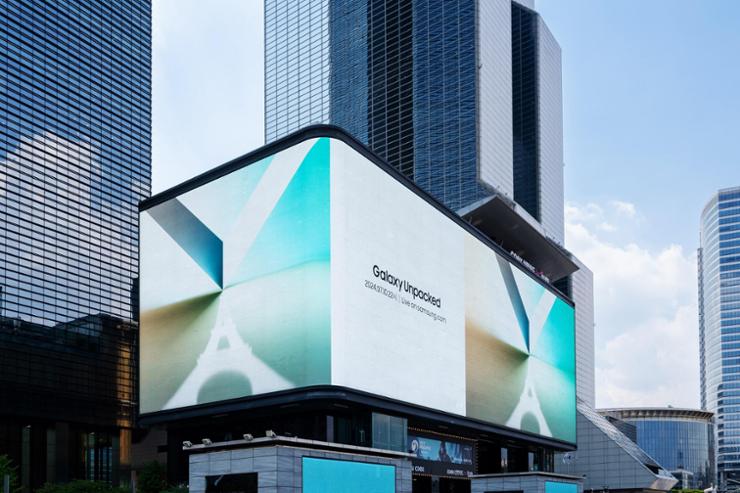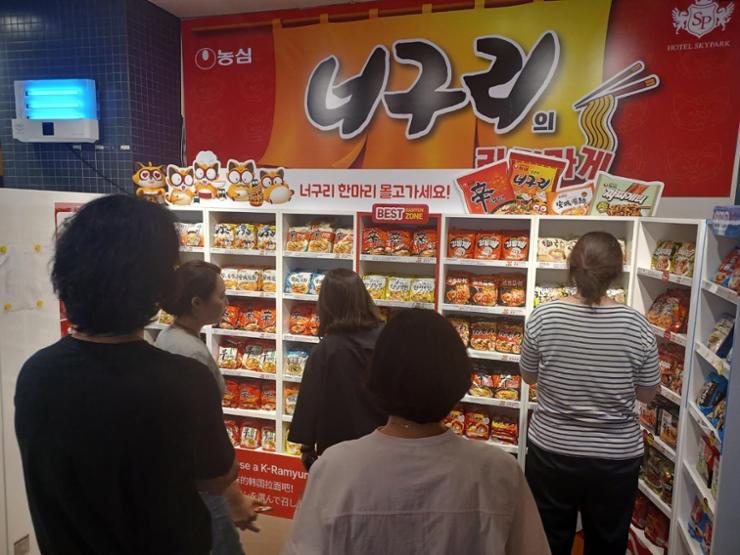Lotte and Hanwha are facing protests from small and medium-sized shipping companies in Korea over their plans to operate their own ships to transport alternative fuels by sea, according to industry officials, Monday.
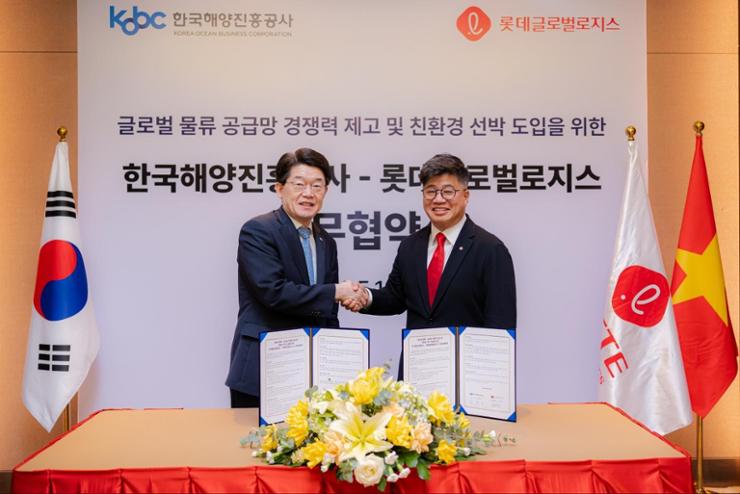
The Korea Shipowners’ Association (KSA) expressed concerns about the recent memorandum of understanding signed between Lotte Global Logistics and Korea Ocean Business Corp. for eco-friendly shipping through ammonia-powered vessels.
The association regarded the partnership as Lotte’s attempt to enter the shipping industry.
“A second-party logistics firm’s reckless entry into the shipping industry will raise freight rates and cause confusion in the logistics market, having negative impacts on Korea’s supply chains,” KSA Vice Chairman Yang Chang-ho said. “Marine transportation should be assigned to shipping firms categorized as third-party logistics firms.”
Second-party logistics refers to a logistics system that relies mainly on subsidiaries or affiliates for operation, while third-party logistics means the outsourcing of distribution services to third-party logistics businesses.
Multiple Busan-based civic groups also claimed that Lotte’s plan may disturb the market.
“If large companies ship their own products, they will damage smaller shipping firms, causing a nationwide supply chain crisis,” the civic groups said in a statement.
Lotte Global Logistics seeks to buy ammonia-powered vessels, so as to task Lotte Fine Chemical with transporting and storing green ammonia and with fueling the vessels.
Although the enforcement decree of the Marine Transportation Act bans a subsidiary of a company owning a large volume of cargo from entering the shipping industry, it does not regard alternative fuels as such cargo, thereby allowing conglomerates to transport methanol, ammonia and hydrogen by sea.
Based on the law, Hanwha Ocean is also expected to transport alternative fuels by sea, as the shipbuilder said its shipping subsidiary established in April will focus on green and digital technologies.
In response, the KSA asked the Ministry of Oceans and Fisheries to revise the enforcement decree to exclude big businesses from transporting alternative fuels by sea.
However, Lotte denied any legal issues in its planned entry into the shipping industry.
“Our ammonia-powered vessels will carry green ammonia to compete with global rivals,” a Lotte Global Logistics official said. “We will not compete with small and medium-sized shipping firms in Korea.”
>>> Join Korean stock investment today, access new markets and seek opportunities for big profits with Bucket-VN experts:
- Sign up for free consultation and catch signals of the Korean stock market at: https://bucketvn.com/en/register/
- Hotline: 028 3636 6553
- Group Facebook discussion: https://www.facebook.com/groups/bucketvn
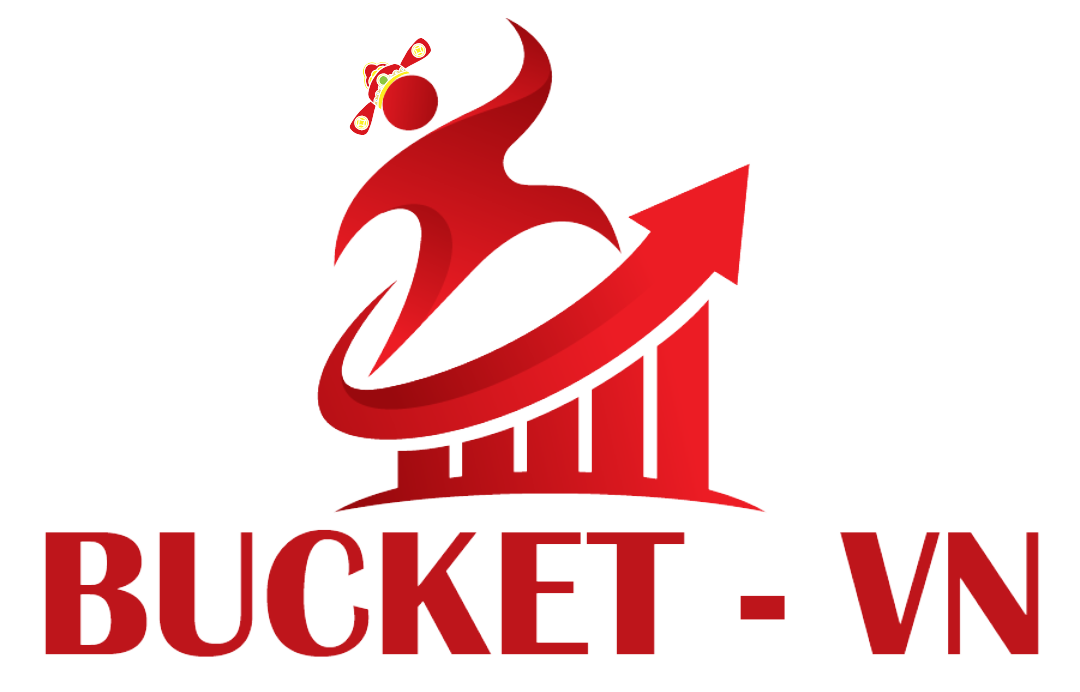


 Tiếng Việt
Tiếng Việt